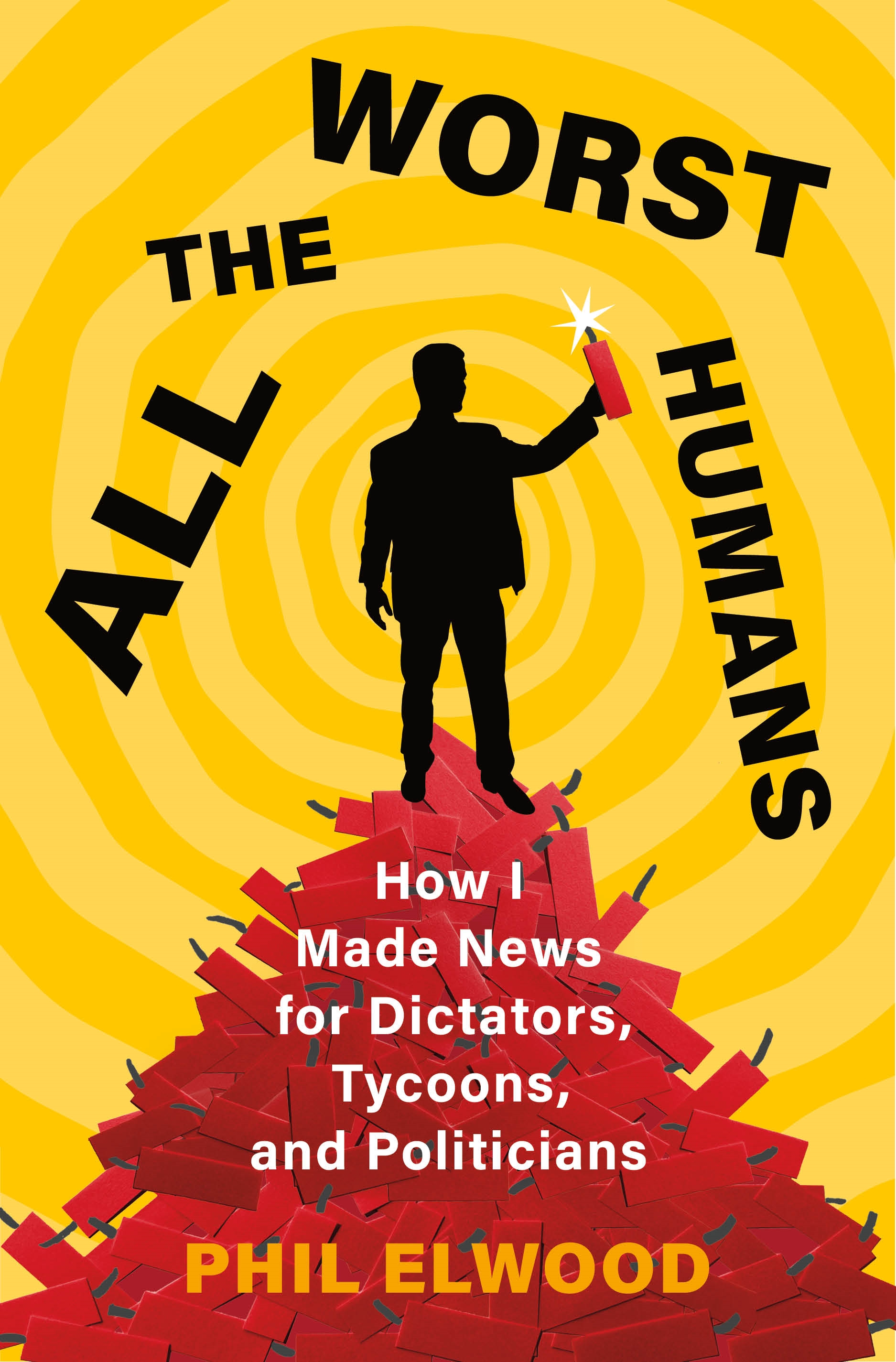
All the Worst Humans: How I Made News for Dictators, Tycoons, and Politicians
Phil Elwood
Questions & Answers
In the book, public relations (PR) plays a pivotal role in shaping public opinion and political landscapes. PR professionals, like the protagonist Phil Elwood, act as intermediaries between clients and the media, using their influence to control the narrative and perception of their clients. They employ various tactics, such as:
-
Media Manipulation: By controlling the flow of information, PR professionals can sway public opinion in favor of their clients, often by framing stories in a way that benefits the client.
-
Crisis Management: They help clients navigate crises, turning potential disasters into opportunities for redemption or rebranding.
-
Influence on Media: PR professionals have connections with journalists and media outlets, allowing them to place stories and influence coverage.
-
Lobbying and Advocacy: They work to promote their clients' agendas, sometimes by creating the illusion of grassroots support or public consensus.
-
Foreign Influence: The book also highlights how PR is used by foreign entities to influence American politics and public opinion.
Overall, PR is depicted as a powerful tool that can significantly impact public perception and political outcomes, often in ways that are not immediately apparent to the public.
The author's journey reflects the ethical dilemmas and consequences of working in the PR industry through his experiences with various clients, including dictators and controversial figures. He initially thrived in the industry, using his influence to manipulate media narratives and achieve clients' goals, often at the expense of truth and morality. However, his work led to personal guilt, fear, and a heavy conscience, especially after working with clients like Gaddafi and Assad. His diagnosis of bipolar II disorder and PTSD further underscore the toll his career took on his mental health. The author's decision to quit his job and seek help for his struggles symbolizes his realization of the ethical consequences of his actions and his desire to make amends. His journey ultimately highlights the moral complexities and potential harm inherent in the PR industry.
The book portrays a relationship between public relations (PR) and journalism that is deeply intertwined and often contentious. PR professionals, like the narrator, wield significant influence over media coverage, often shaping narratives to benefit their clients. This can lead to several implications:
-
Manipulation of Public Opinion: PR can manipulate public opinion by controlling the narrative and framing stories in a way that benefits their clients, potentially overshadowing important truths or context.
-
Journalistic Integrity: The book suggests that journalists may be influenced by access to exclusive information provided by PR professionals, potentially compromising journalistic integrity.
-
Power Imbalance: The power dynamic is heavily skewed in favor of PR professionals, who have the resources and connections to shape media coverage, while journalists often rely on these sources for information.
-
Public Trust: The portrayal raises concerns about public trust in the media, as it suggests that journalists may be complicit in spreading misinformation or biased narratives.
-
Ethical Dilemmas: PR professionals face ethical dilemmas when they are asked to manipulate or lie, which can lead to internal conflict and moral ambiguity.
The book illustrates how information and access are pivotal in shaping public perception and political outcomes. It shows how public relations professionals, like the narrator, manipulate information to influence media coverage, which in turn affects public opinion. By controlling the narrative and providing exclusive information, they can sway journalists and the public towards a particular viewpoint. This control over information is used to create inflection points, turning crises into opportunities for clients to rebrand or shift public perception. The book also highlights the role of access to influential figures, media, and political processes in achieving these goals, emphasizing the power dynamics at play in modern politics and media.
The author's experiences highlight several critical lessons about PR professionals and the industry's potential for reform:
-
Ethical Concerns: PR professionals must navigate complex ethical dilemmas, such as manipulating media coverage and representing controversial clients. The author's experiences with dictators and corporations demonstrate the potential for abuse in the industry.
-
Transparency and Accountability: The author's work with Psy-Group and its connections to the Mueller investigation underscore the importance of transparency and accountability in PR. The industry must ensure that its actions are transparent and do not undermine democratic processes.
-
Impact on Journalism: PR professionals have significant influence over media coverage. The author's experiences show that this power can be used to manipulate narratives and mislead the public. The industry needs to foster a more balanced and critical approach to media relations.
-
Client Relationships: The author's experiences with clients like Kim Dotcom and the Libyan government reveal the need for PR professionals to maintain a strong ethical stance, even when faced with pressure from clients to engage in questionable practices.
-
Self-Regulation: The industry must implement stronger self-regulatory measures to ensure ethical practices and prevent abuse. This could include establishing clearer guidelines and consequences for unethical behavior.
-
Professional Development: PR professionals should focus on developing skills that go beyond media manipulation, such as critical thinking and ethical decision-making, to contribute positively to society.